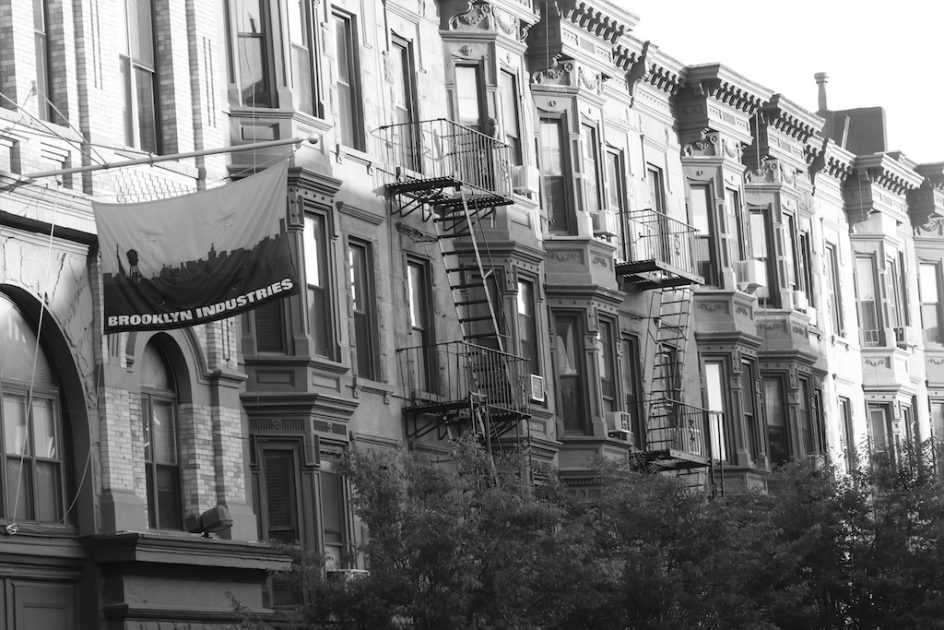
Note: This piece contains some information about the plot, no more than would be in a book review, just so you know.
I sat up much of the night reading and finishing a new and gorgeous novel called Another Brooklyn, it is by the award-winning author Jacqueline Woodson, and it is, to my mind, one of the most elegant and powerful books I have ever read.
It was also, to my great surprise and delight, almost shockingly timely, it was, I thought, a great American novel, so unconsciously revealing and important in our time. The book is short, 175 pages published by Amistead books. But it is a big book in so many ways, the critics might call it haunting, but I believe it goes to the heart of the American experience, the tragedy, beauty, hope and despair of the melting polt.
Brooklyn is, in my mind, one of the most American of places, I was not born there, but I was born there, it is the kind of place that mirrors all of America’s richness, promise and conflict. In one way or another, tens of millions of Americans are from Brooklyn, maybe more.
I think of this book as a stunning achievement, it is set in 1970’s Brooklyn, when a great of immigration hits this notoriously diverse Brooklyn, and where friendship and acceptance and resilience and faith were essential. August, Sylvia, Angela and Gigi shared everything as they explored the sometimes dangerous and always diverse streets. They loved one another with great conviction, convinced that they were amazingly beautiful, brilliantly talented, with a future that was very much in their own hands.
August and her father and brother have moved to Brooklyn from Tennesse. Their mother, so alive in their imagination, did not move with them, and their father will not speak of her. They don’t grasp her fate for some years. Her spirit is always alive in their imagination, they look out the window every day waiting for her to come.
Everywhere these girls went in 1970’s, they saw the ugliness and promise of the American dream – grown men grabbing them and lusting after them on the streets, a world where mothers disappeared, fathers sought faith, bodies were bound on stairwells, madness and drugs were everywhere.
Then, as now, there was this wrenching racial divide. As Southern and Caribbean blacks moved in, the angry German and Irish whites moved out, glaring from their station wagons as their suburban children drove them away. Sometimes it seems as if everything has changed, sometimes it seems as if nothing is changed.
How heart-breaking to be fighting these battles again and again and again, and how very American Brooklyn is.
Amidst all of this, there was so much hope. One made it to dance in Manhattan, another to television, August, the narrator, became a writer, the fourth fell by the wayside. It is hard for me to believe this as I write it, but this, I sense, is the America that our President-elect and many of his supporters seem to hate and fear so much and refuse to accept. There is not a political word or argument in the book, yet it is perhaps the most political novel of the year.
August’s world will never be driven away or suppressed, that is the wonder and curse of us. Sometimes the struggle shifts one way – just ask women – somethings another. A time, I thought, to take a deep breath and steel myself and learn about gracious acceptance.
This is the America I know and love, the American I came from and celebrate. So many tired, weary and poor have come through Brooklyn and still do. This is the dream that will never die, and cannot be extinguished.
“The world was ending,” wrote August. “We had been girls, wobbling around that apartment in Gigi’s mother’s white go-go boots and then and then and then.
We envied each other’s hair, butts, noses. We traded clothes and shared sandwiches. Some days we laughed until soda sprayed from our noses and hiccups erupted in our chests.
When boys called our names, we said, Don’t even say my name. Don’t even put it in your mouth. When they said, You ugly anyway, we knew they were lying. When they hollered, Conceited! we said, No-convinced! We watched them dip-walk away, too young to know how to respond. The four of us together weren’t something they understood. They understood girls alone, folding their arms across their breasts, praying for invisibility.”
The pride and courage and love in the girls was unconquerable, they simply could not be defeated. And I know they won’t be. The writing is exquisite, there isn’t a false note in the book.
I love my farm, but the only place I ever fantasize about living is Brooklyn, a state of mind, far beyond my reach now, but ever present in my conscious and imagination, a capital of the American Dream, a place of enchantment, despair, great hope and abounding miracles.
This book reminds me of what I love, and what I want to fight for and preserve. For me, it’s all there. What a gift it is.
